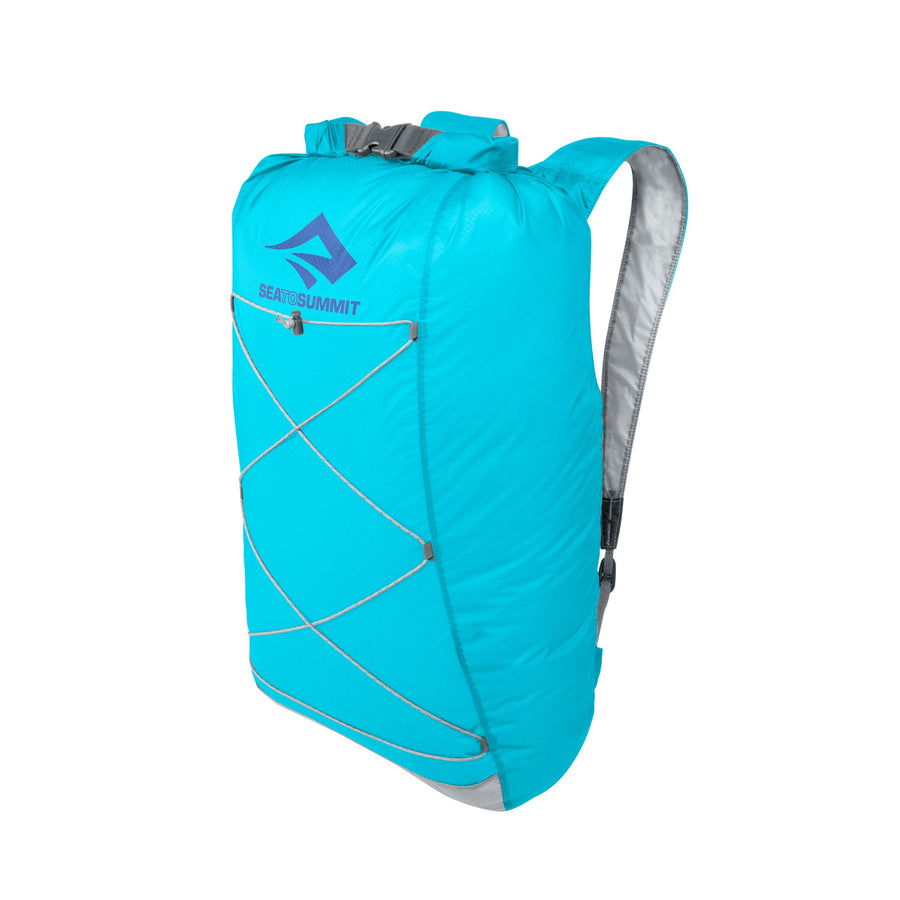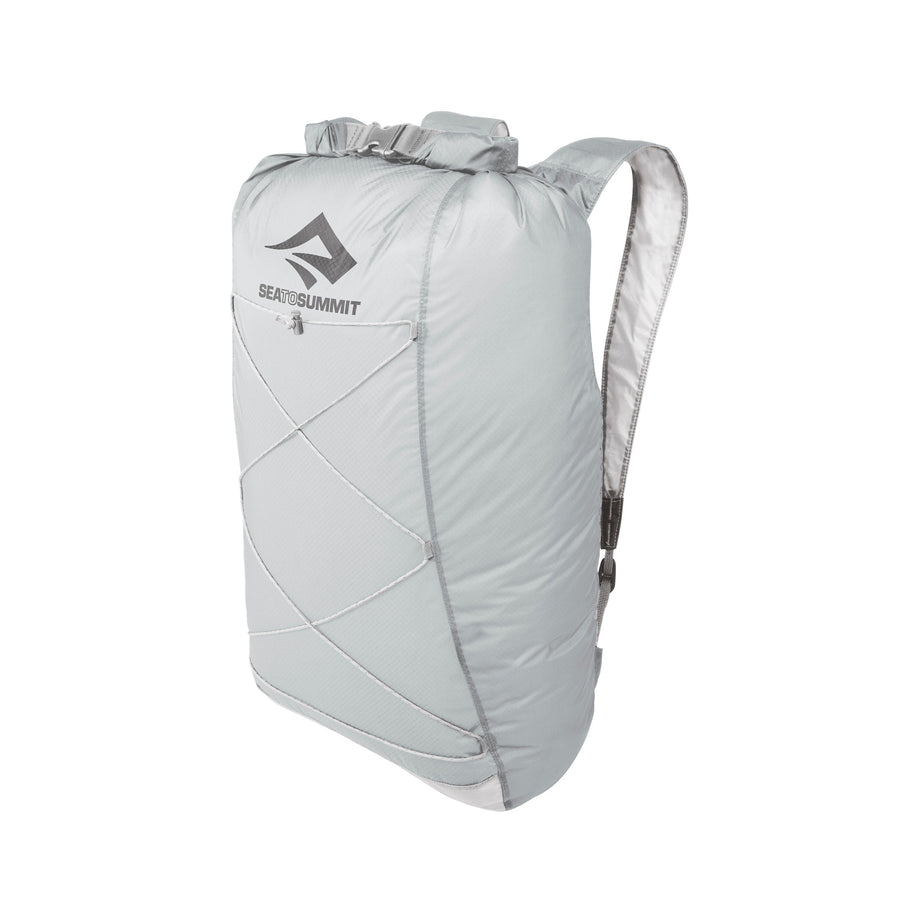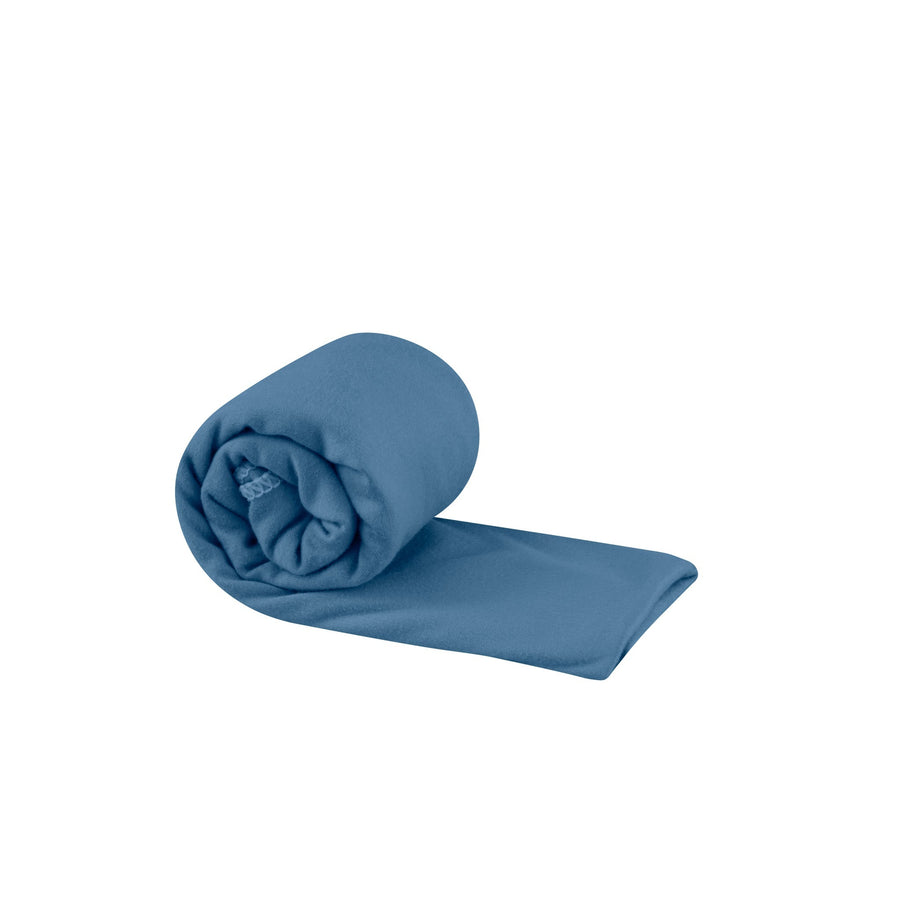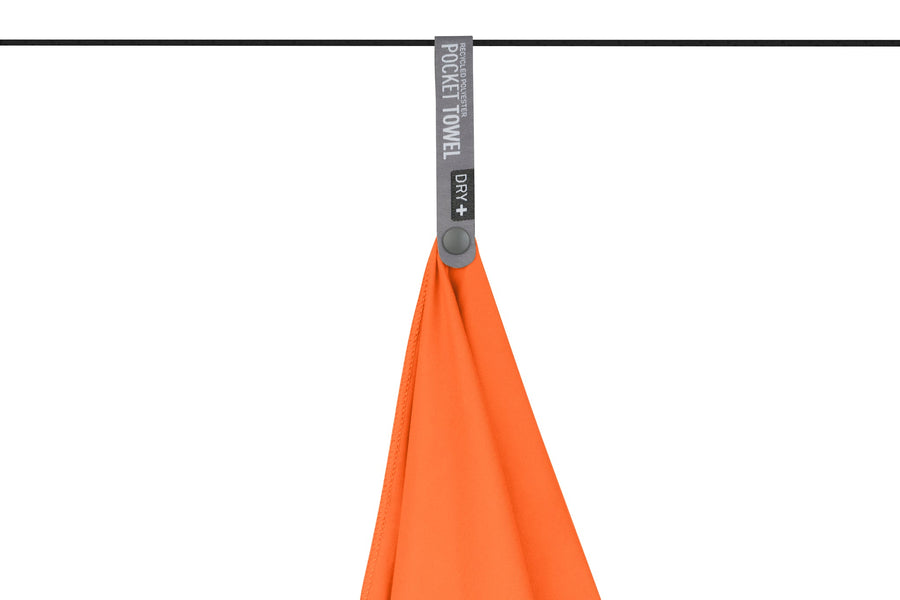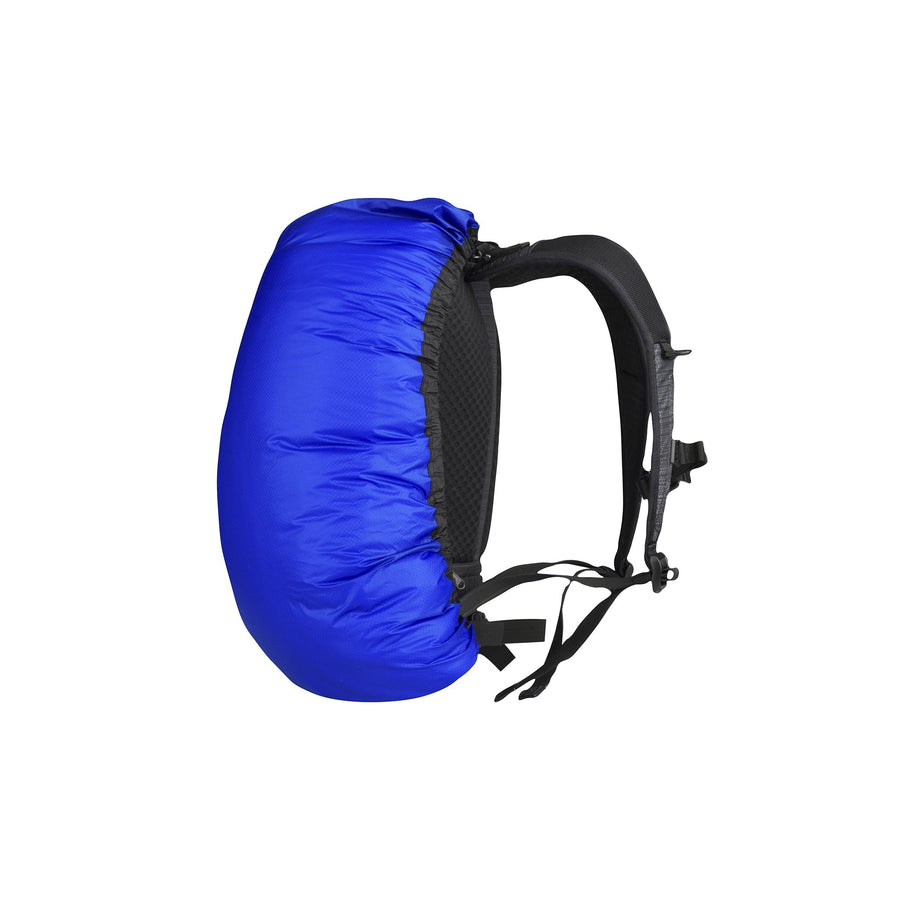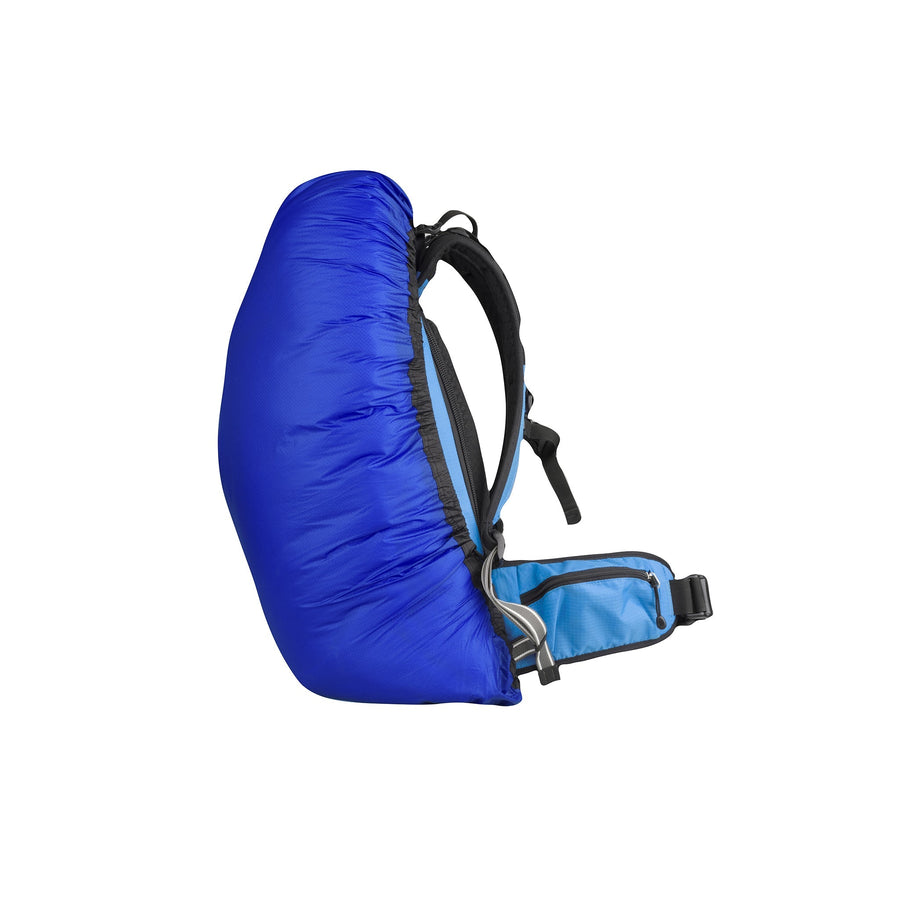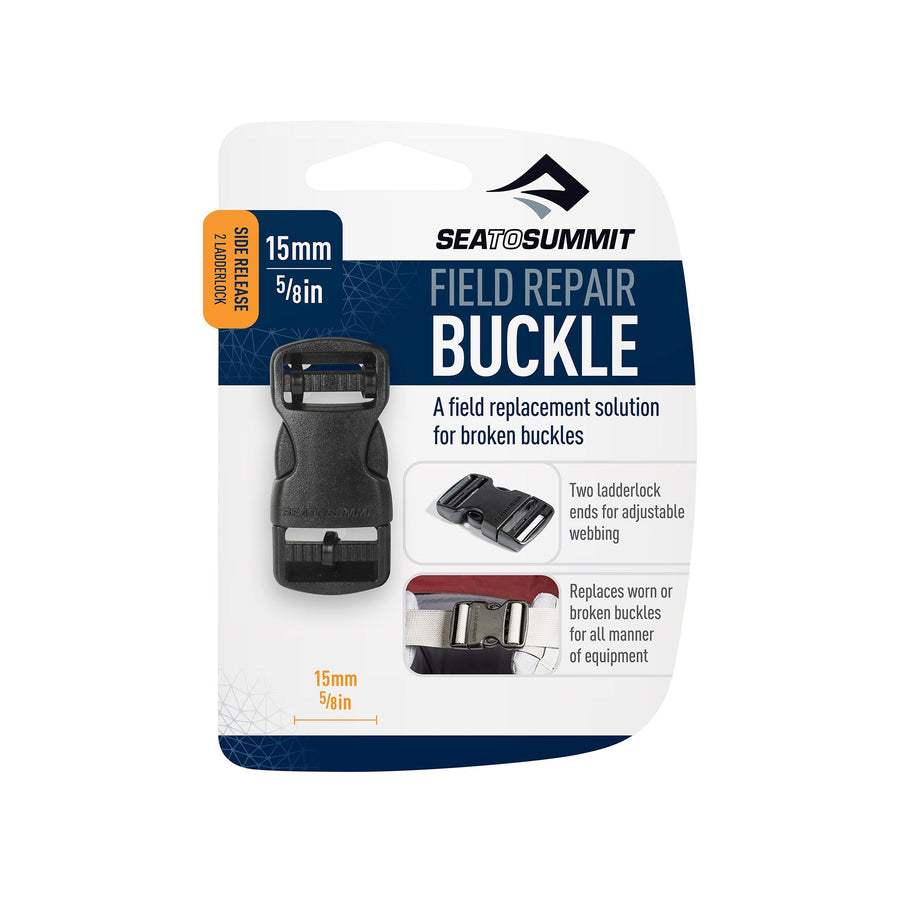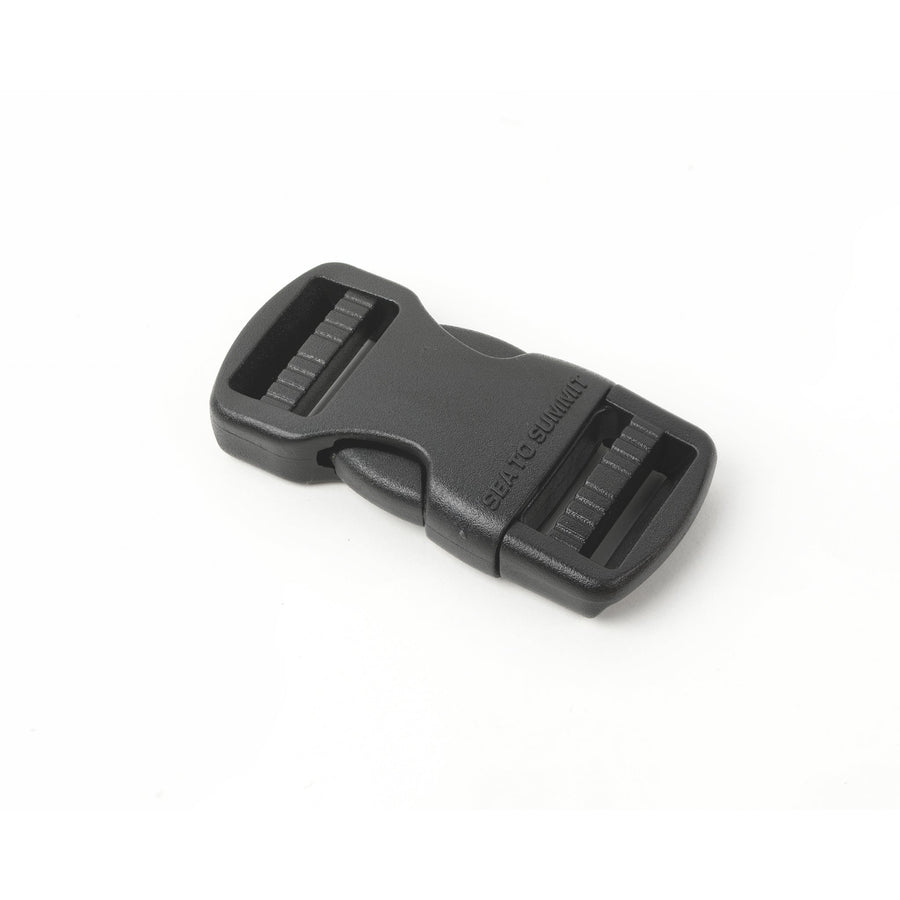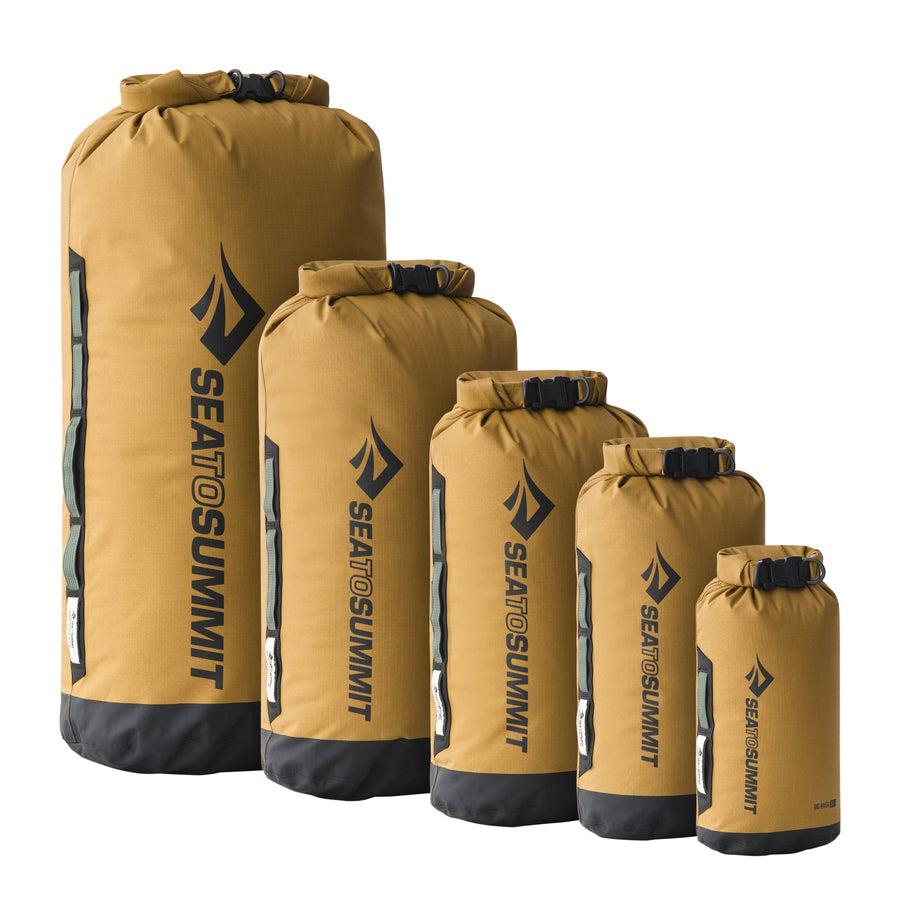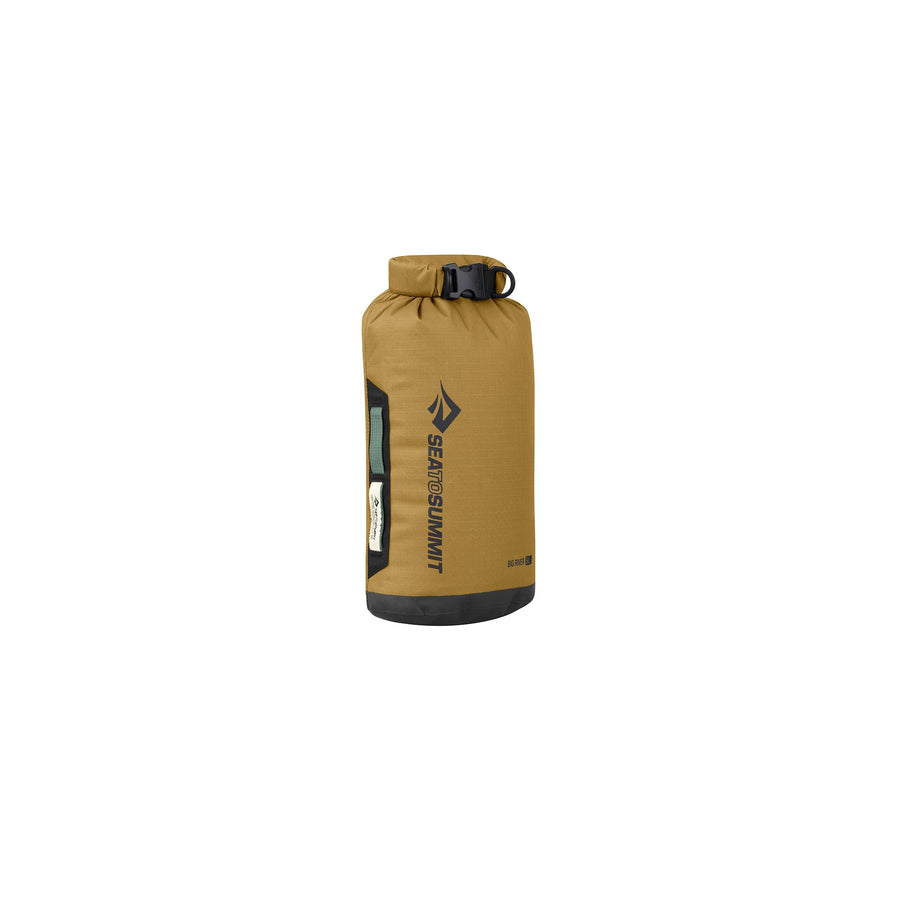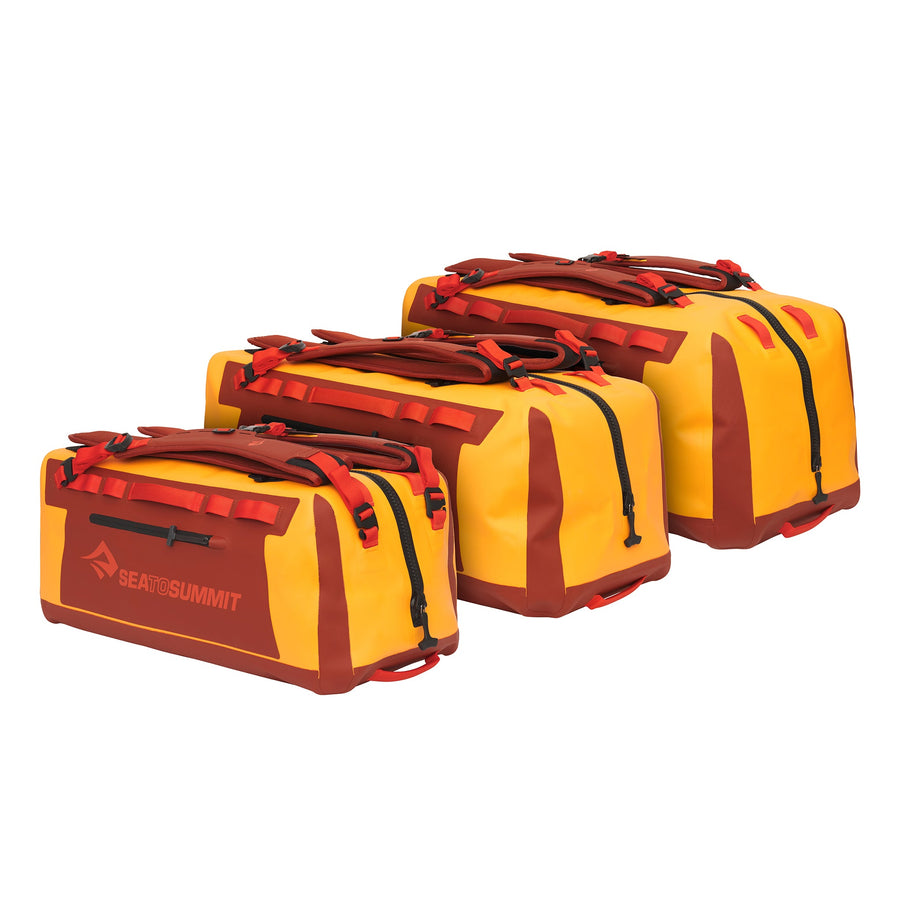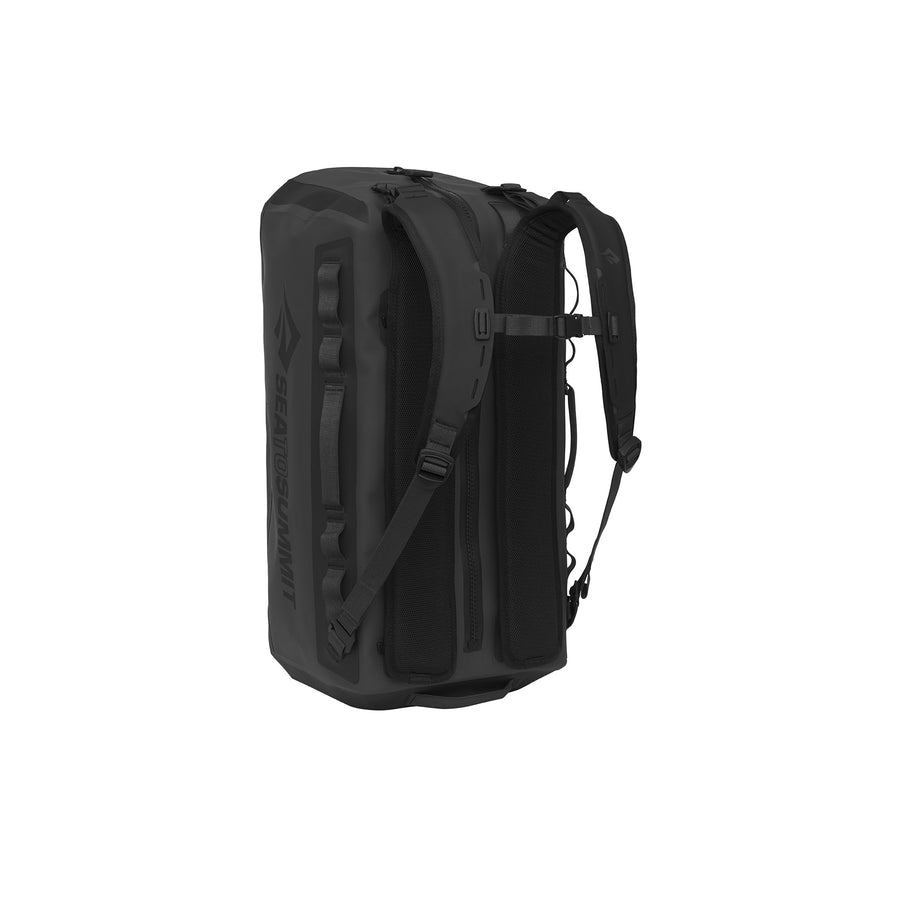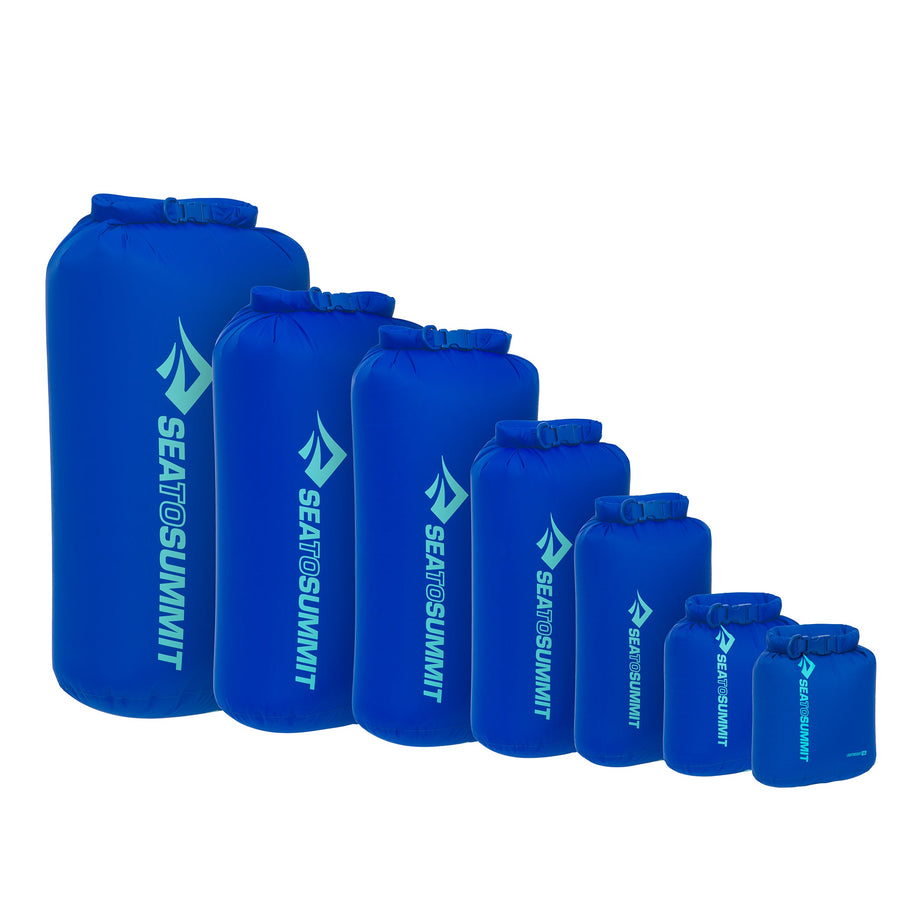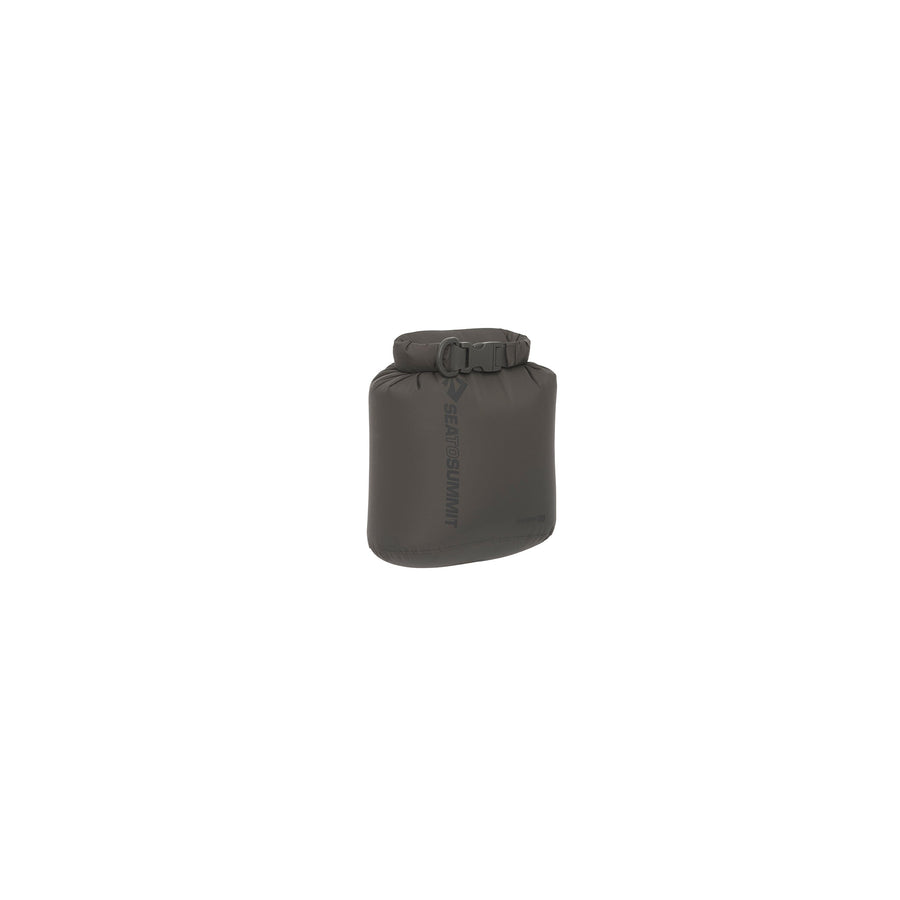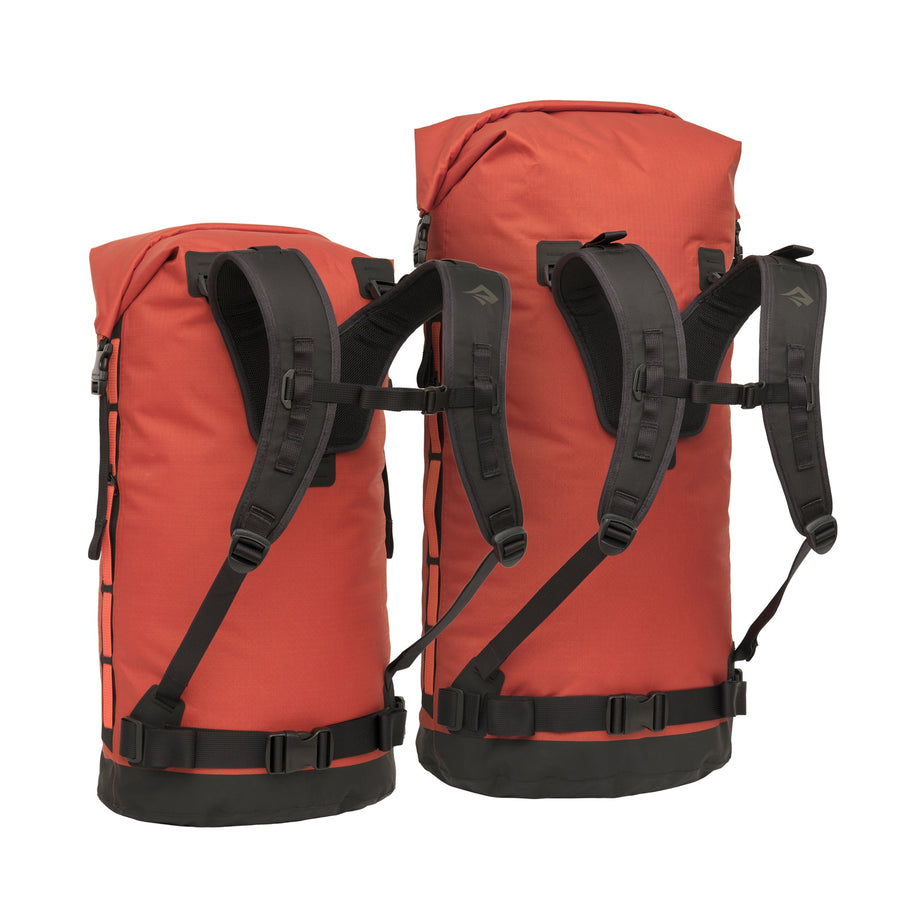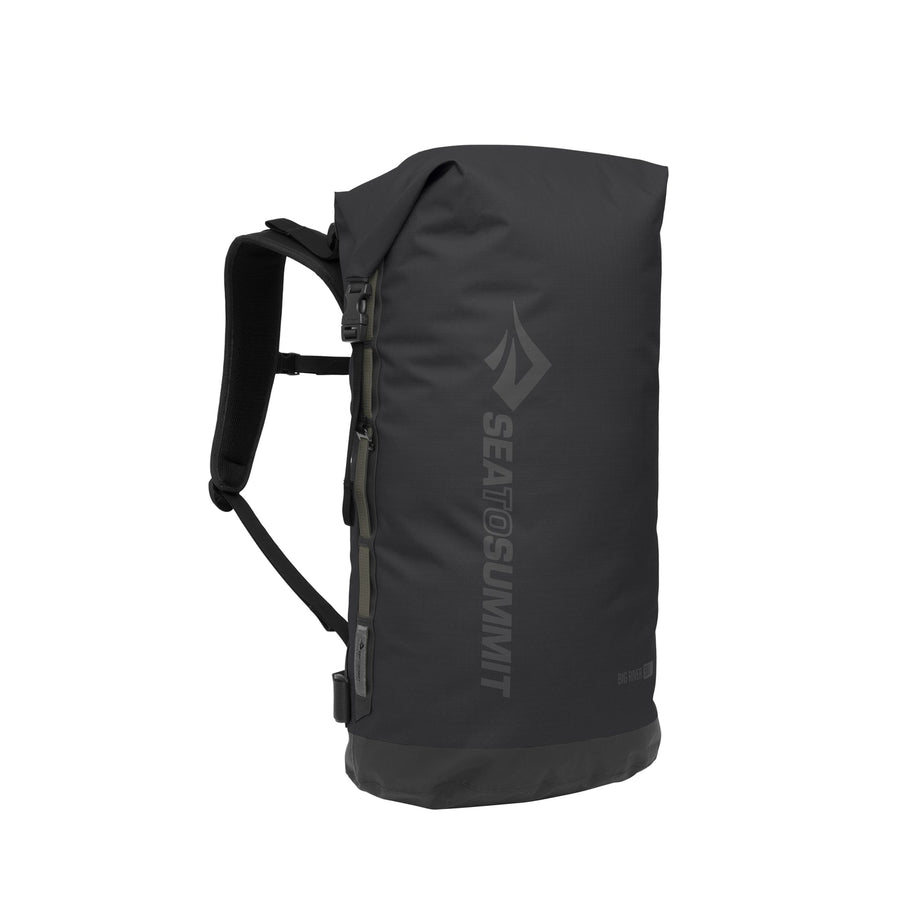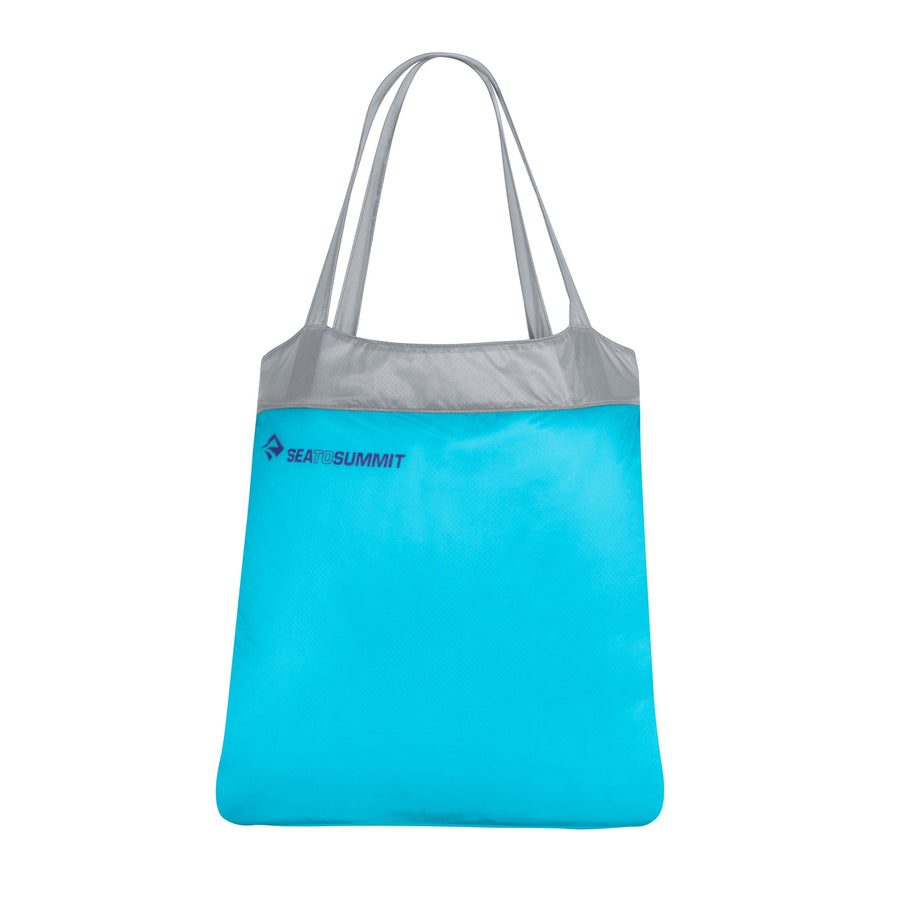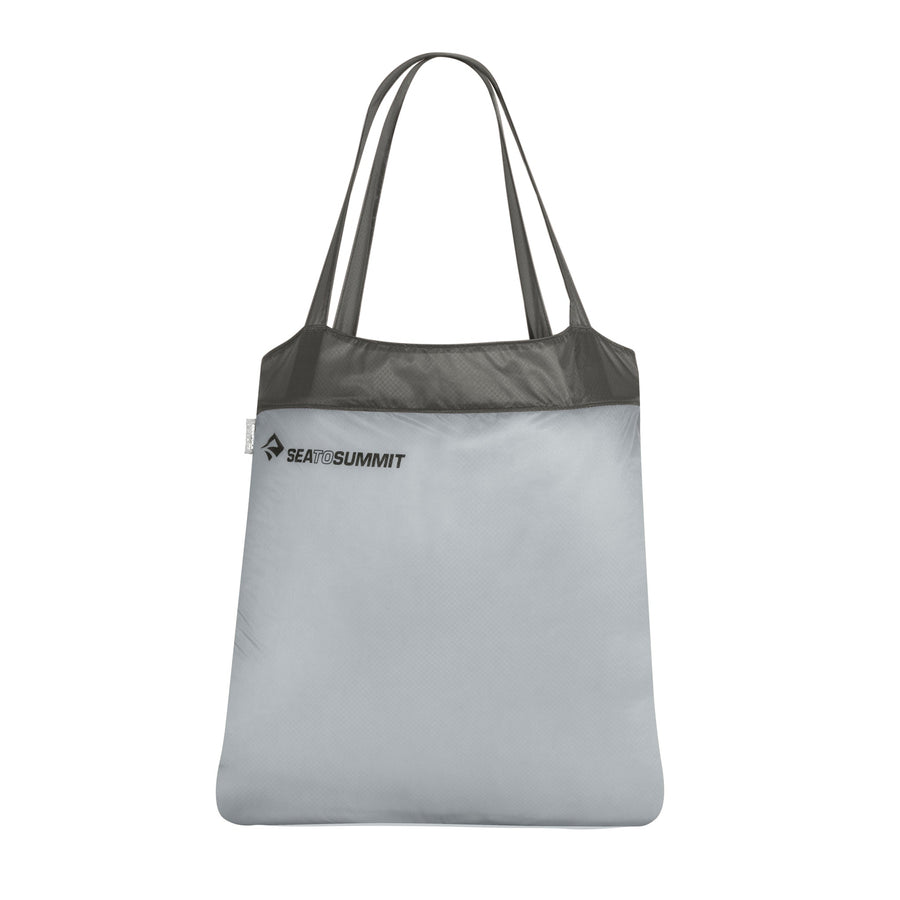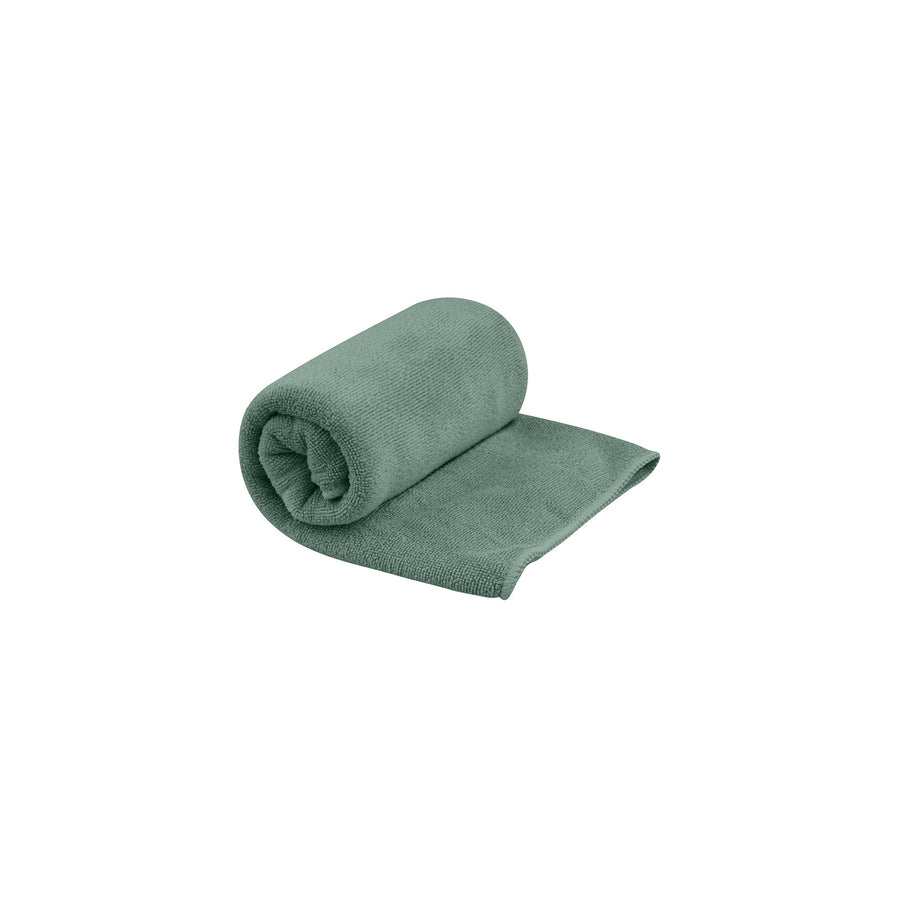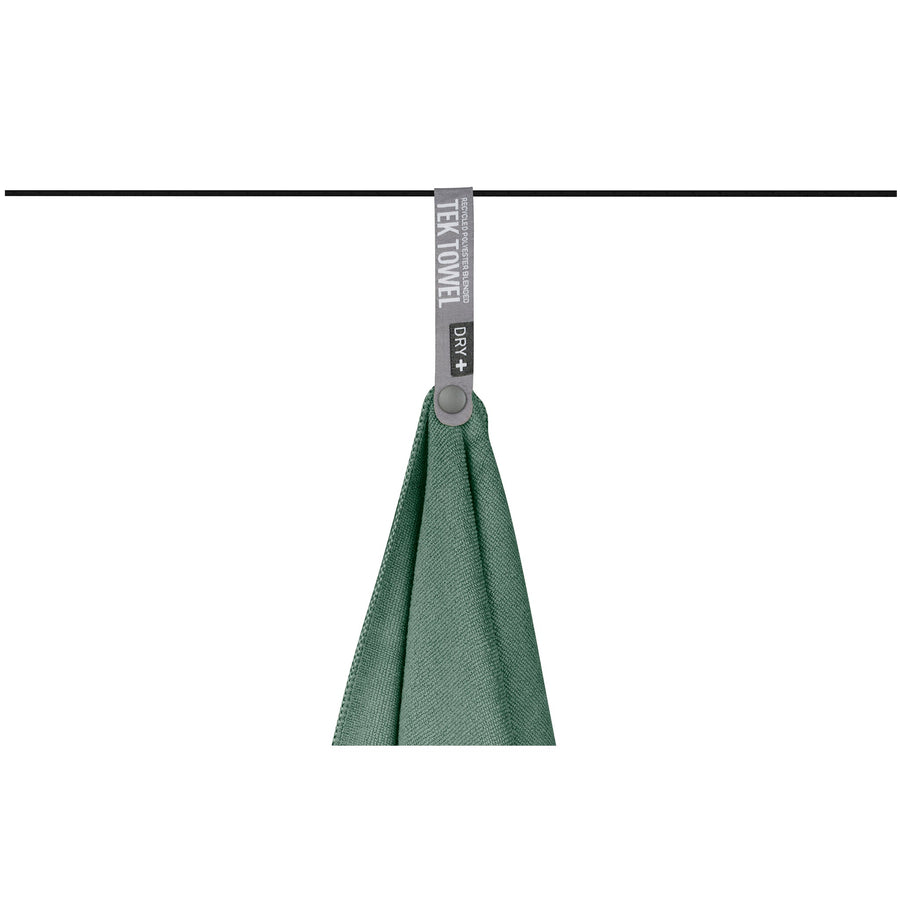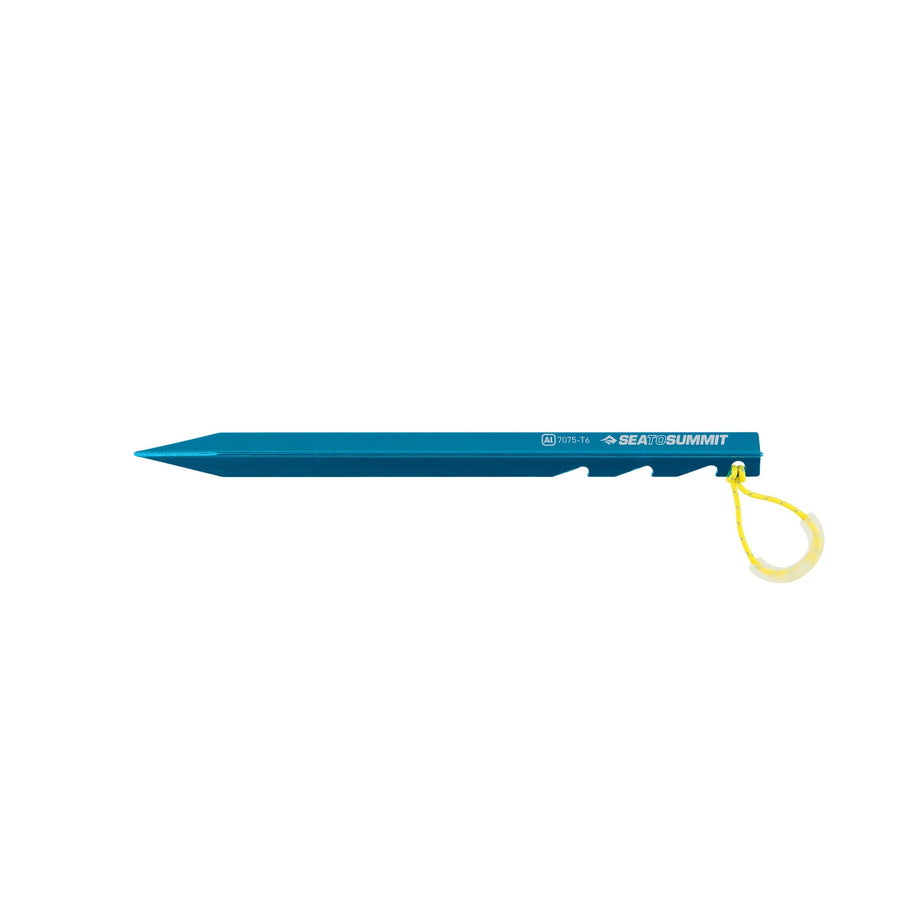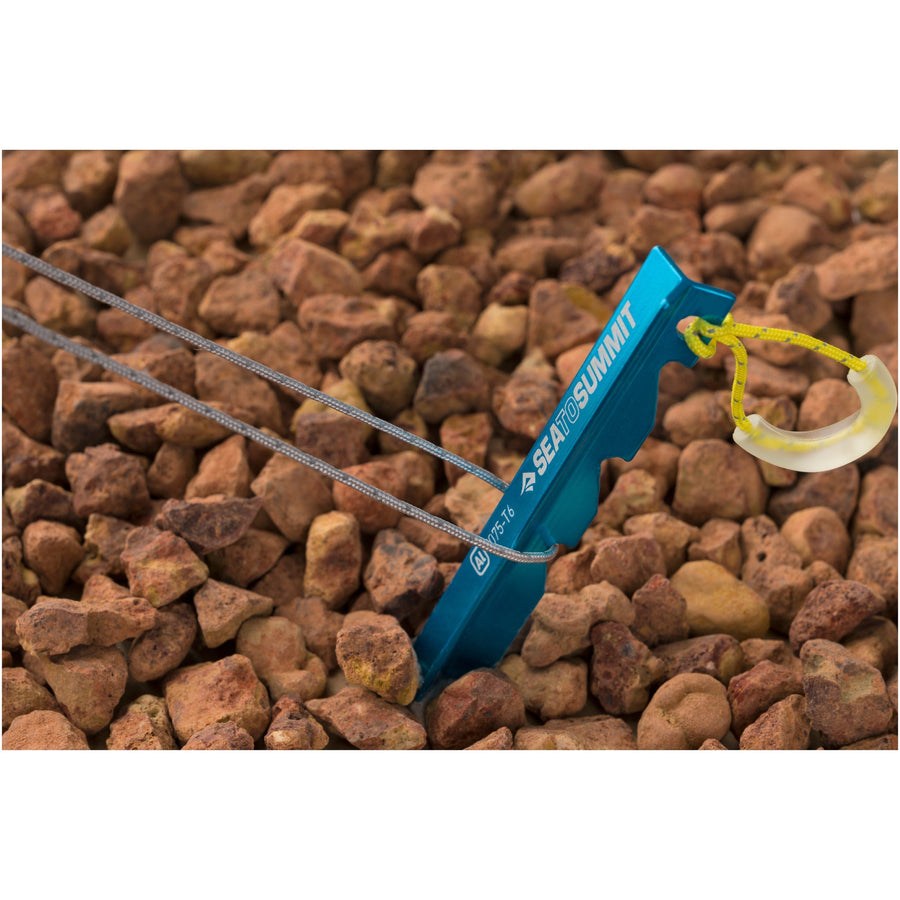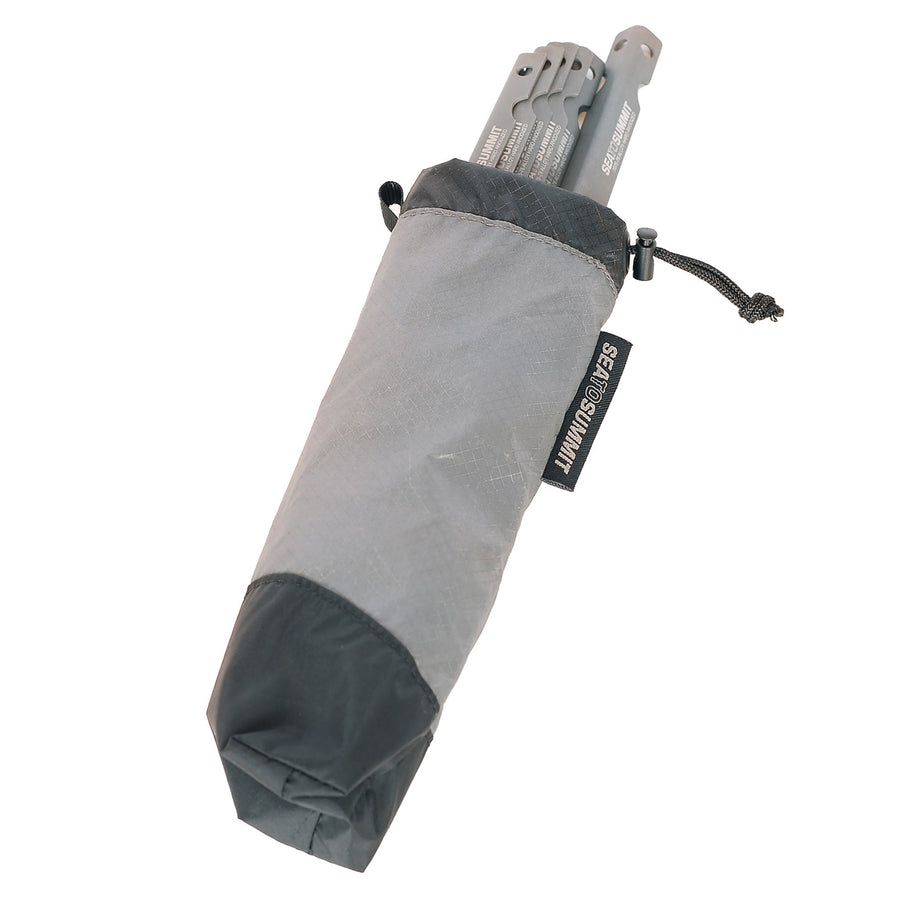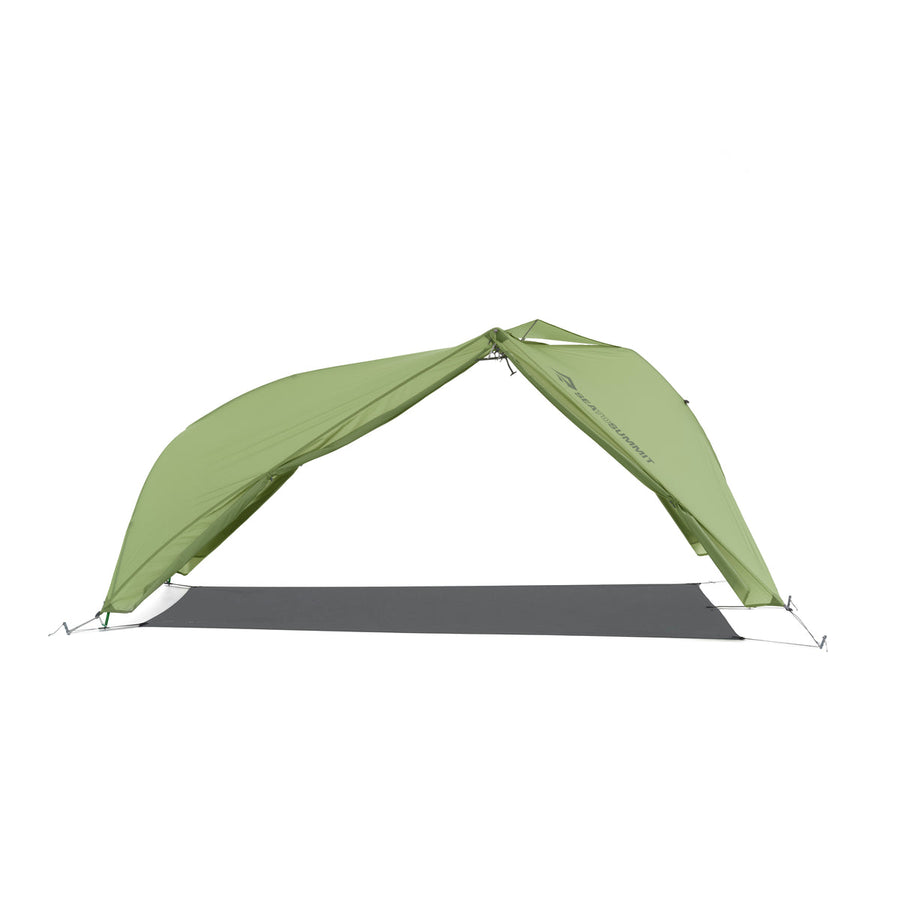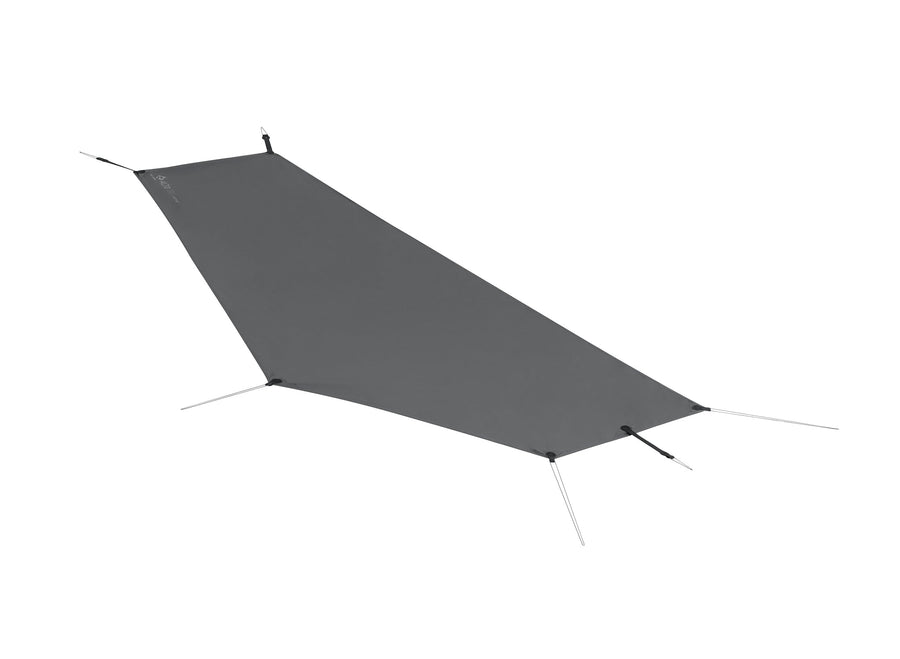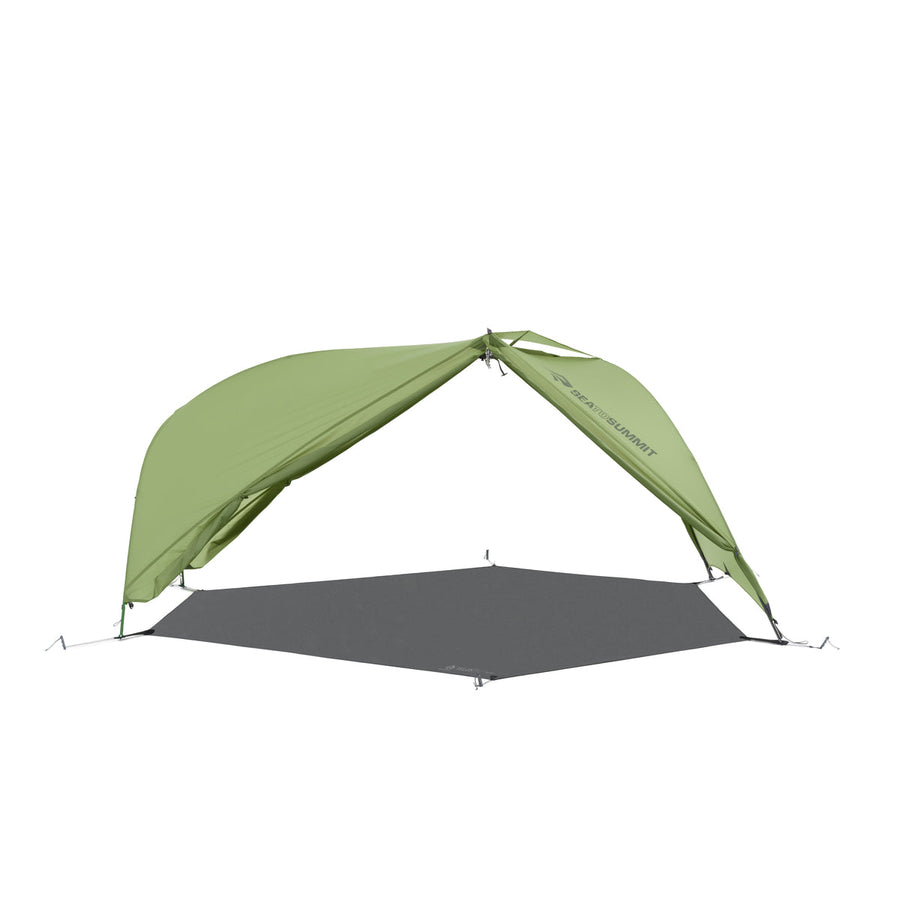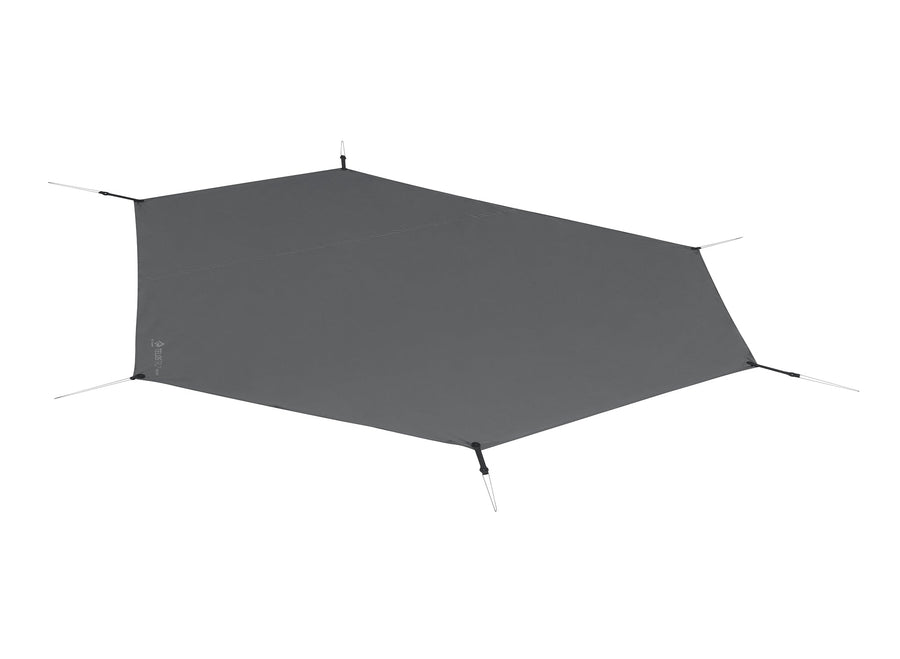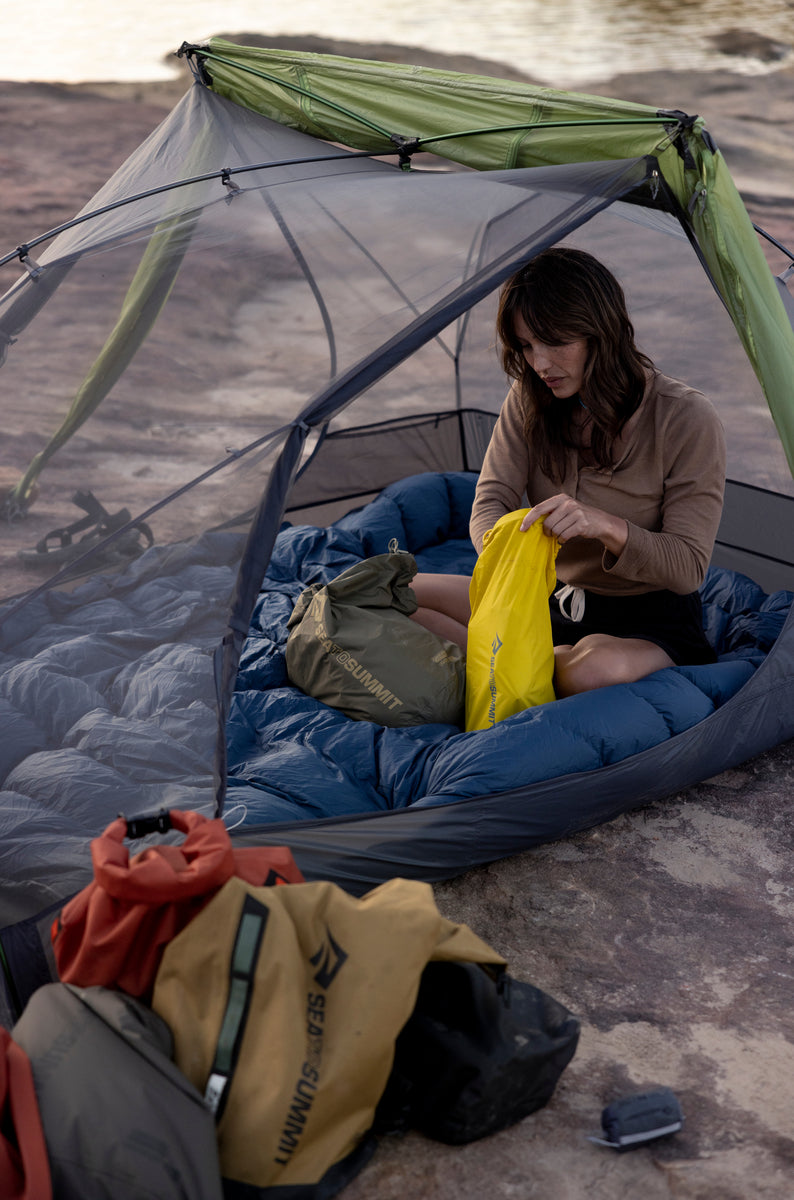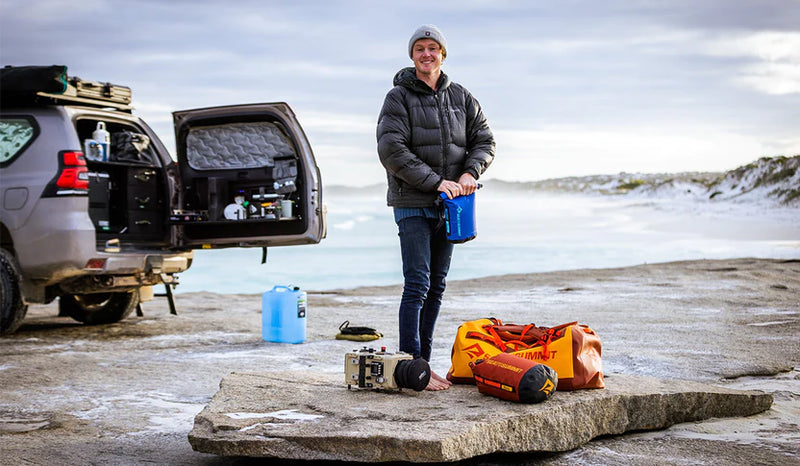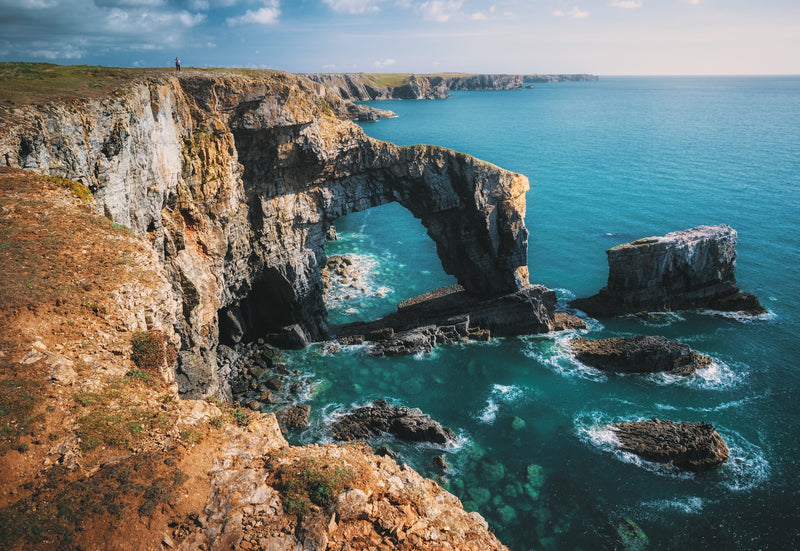The Ultimate Beginners Guide to Camping
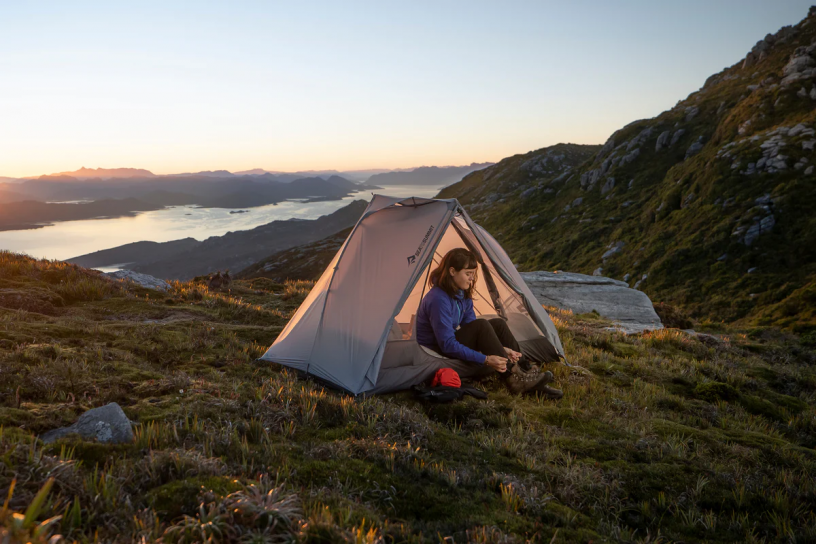
In the past few years, camping trips have seen a huge increase in popularity with 1 in 5 Brits choosing a nature-inspired staycation over a holiday abroad.
Not only does camping tick the affordability box, but it also allows people to switch off from the pressures of everyday life and get back to nature.
Although it may be a new experience, your first overnight stay in the outdoors doesn’t have to be daunting. This camping for beginners guide provides essential tips so you can enjoy a successful first campout.
What Do I Need for My First Camping Trip?
The prospect of leaving your home comforts may be unsettling, but whether you’re camping alone, or with friends, swapping your bed for a sleeping bag can present an exhilarating new adventure.
As a beginner, you can start camping with ease, all you have to do is thoroughly prepare for the trip, by picking and researching the right destination for you, purchasing the right camping equipment and practising setting up your camping gear prior to your trip.
Every camper needs their essentials - from tents to sleeping bags, camp cooking equipment and personal care - these categories are all-important to create a comfortable home away from home.
The Camping Essentials For Beginners
We’ve just touched upon some of the essentials you’ll need for your trip, but what are the individual must-haves you need for camping?
These are the things every camper will need and the key items you don’t want to forget!
- Tent (footprint and pegs)
- Sleeping bag
- Sleeping mat
- Camping pillows
- Camp chairs and table if you’re at a campsite
- Air seats (lightweight alternative to camp chairs)
- Lighting (torch/headlights/camp lighting)
- Weather appropriate clothing
- Camping stove
- Pots and pans
But if you’re camping for a week or longer, you will need a more advanced setup. Our Camping Essentials Checklist has everything from the basic must-haves to the fancy optional extras for a stress-free stay in the great outdoors.
What Size Tent Will I Need?
Your tent is your home away from home, so it needs to be big enough to accommodate you and your equipment while providing enough space to stay comfortable when sleeping in the great outdoors. Arguably, this means your tent is the most important part of your camping equipment.
If you’re camping solo and wondering what size tent you will need, then you could consider getting a 1-person tent if you don’t have lots of camping equipment with you. A 1-person tent won’t be big enough, however, for your gear too, so you will need to purchase a 2-person/3-person tent depending on how much additional space you require.
Similarly, if you’re camping in a pair, a 1-person tent will not be big enough to accommodate you both - instead, look at 2-person tents, or if you require some extra room for supplies, a 3-person tent will provide you with more space.
Camping beginners should look to pack as light as possible for their first trip. Fortunately, Sea to Summit tents come in a range of sizes from single to three-person options and are designed to be lightweight, offering class-leading space and comfort for new adventurers.
How to Choose the Right Sleeping Bag and Mat
Every camping connoisseur will tell you comfort is key when you’re pitching up in the great outdoors. The best way of improving the sleep you get while camping is by purchasing a good sleeping bag. Ultimately, it will provide you with the rest you need for recovery and the energy you need when sightseeing.
Depending on where you will be pitching up, the sleeping bag you purchase will need to coincide with the weather, the season you’re camping in, the environmental conditions in which you’re staying and the weight of the camping gear you’re taking.
From the shape of the sleeping bag through to the right ‘warmth to weight ratio’, you can find out exactly how to choose the best sleeping bag for you in our Sleeping Bag Buying Guide. For the ultimate sleep system, you’ll also want to invest in a quality sleeping mat. You lose most of your body heat through the ground, and a good mat prevents this from happening. Choosing the right sleeping mat depends on what’s important to you - whether that’s warmth, pack size, comfort or weight, there are plenty of options to suit your needs.
Cooking at Camp

Bringing your own food to camp, instead of visiting a nearby restaurant, will allow you to experience the true taste of the outdoors - particularly if you’re driving to the campsite and don’t need to worry about weight. Although bringing your own food and camping cooking equipment may seem like an unnecessary weight if you’re backpacking, if you pack light you can make it a worthwhile addition.
A lightweight stove is an essential when cooking at camp - just ensure your cookware is compatible with any pots and pans used if you are using them over an open fire.
The X-Pot/Kettle with a broad aluminium base is great for gentle cooking or boiling food. Another advantage of this is its ability to collapse down. For a multifunctional serving solution, the Delta Bowl is an ultralight option which pairs perfectly with the Delta Spork and Knife.
For washing your pots, bowls, and mugs (and for personal hygiene), a 40ml bottle of Wilderness Wash covers all the bases.
If you’re looking to reduce the weight of your ingredients, you can carry food in a lightweight sack like the Ultra-Sil® Dry Sack. This also beneficially doubles up as a bug deterrent at night. If you’re looking for recipe inspiration, check out the camp kitchen section of the Sea to Summit UK blog.
What NOT To Do When Camping
Although pitching up your tent and seeing the great outdoors offers an energetic and exhilarating new vacation experience, knowing how to enhance your camping escapade can be difficult if you’re new to the hobby.
There are some key things you should never do when camping for the first time, or in general. From not respecting the environment to choosing the wrong spot to pitch, below are our top 5 things to avoid when camping, plus tips on making your trip as hassle-free as possible:
-
Packing too much
It’s easy to get carried away when it comes to packing for your camping trip, but, you need to be careful to not be bogged down with non-essential items.
Keep your luggage light and be tactical with what you need, don’t choose the cheapest camping equipment just because of its price as it may end up failing on you when you need it most. Choose durable and long-lasting items that you can continue to bring with you on camping trips to come.
-
Arriving at the camp at the wrong time
If you have the benefit of pitching up your tent at a time you can choose, then it’s always best to pick a time in the day that’s to your advantage.
Firstly, make sure you get to the campsite at least an hour before you actually want to get settled in. This will give you time to choose a good spot, pitch up and unpack.Do not wait until dark, as not being able to see where you’re camping and how you’re pitching up will make for a strenuous and (sometimes dangerous) experience.
If it’s during summer and you want to take advantage of the day and set up earlier, you should pitch up before the peak times of heat which are usually between noon and 4pm.
-
Choosing the wrong spot to pitch
Not all camping spots are created equal, that’s why if you can choose where to pitch you should be on the lookout for some of nature’s best features.
When pitching up, look for a space with a natural windbreak or bring your own and make sure your tent is positioned away from the face of the wind. This will provide better protection from the gusts of wind. You should never pitch at the lowest point of the campsite because if it rains, it means the ground around your tent could become boggy and muddy.
If you are able to find shade when pitching your tent - particularly in the summer - this can help to keep your tent cool. However, be aware of pitching underneath a tree if there are strong winds forecast. Alternatively, a tent with good ventilation can help mitigate the need for shade.
-
Leaving food and personal belongings out
To keep food fresh and prevent animals from getting to it, make sure to keep all your ingredients safe, unopened or covered, either in a designated spot in your tent, in a food and drinks cooler, or a suitable container.
At night, the same should be done for personal belongings - keep personal items like your walking boots in the porch way of your tent or in your car.
-
Not respecting the environment
Being too loud, disturbing an eco-system or leaving behind any waste are some of the worst things you can do as a camper. Especially as a beginner, you need to be aware of the environment you’re in.
On any trip, it’s a golden rule that you should leave no trace, be conscious of the environment and wildlife around you. If you’re wild camping try to avoid buildings, roads and natural structures.
Your essentials…
Be prepared for your adventures any time of the year with the right equipment. At Sea to
Summit, we specialise in lightweight tents, sleeping bags and a wide range of camp kitchen essentials designed to make your trip as enjoyable as possible. Browse the full collection and update your kit ahead of your next adventure.
Don’t forget to tag #seatosummituk in your social media posts when you’re exploring so we can share your experience and see how your camping trip went.
